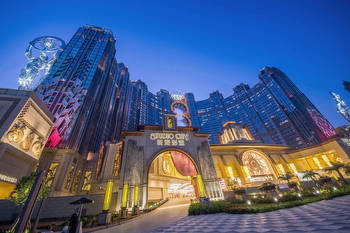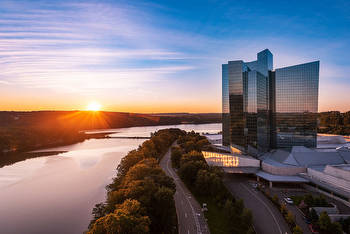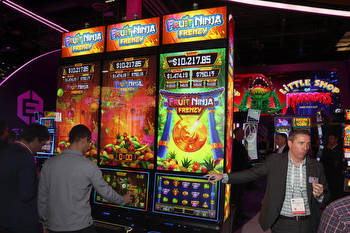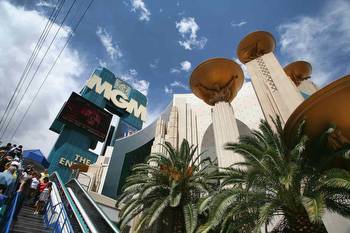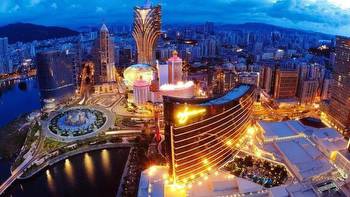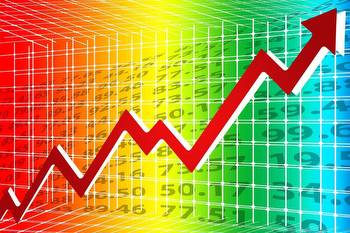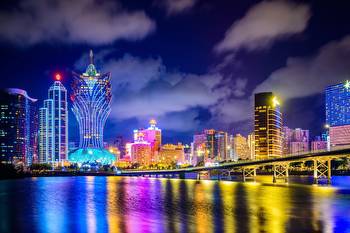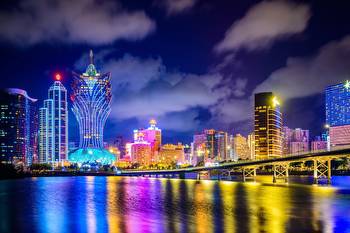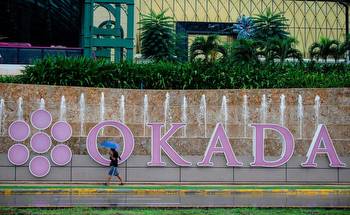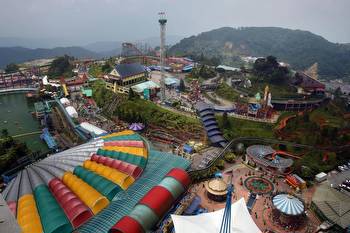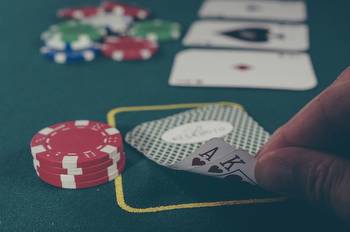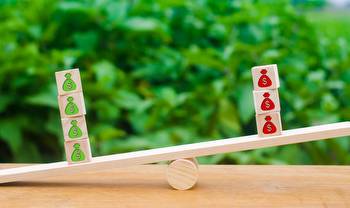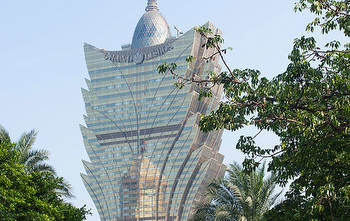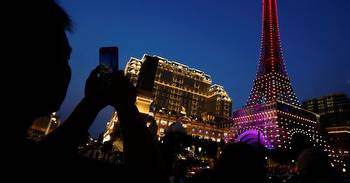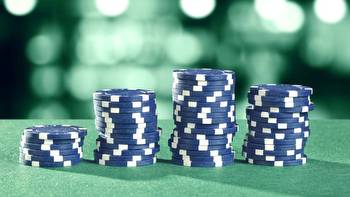The casino always wins


Sun International's Boardwalk Casino complex in Nelson Mandela Bay. Image: Supplied
Sun International is recovering, if the set of results for the six months to end-June 2021 is anything to go by.
The hotel and gaming group made a point of including results for the first six months of 2019 – before the Covid-19 pandemic and subsequent business lockdowns hit – to the 2021 and 2020 results, to show shareholders that things are getting back on track, but that it is still way below “normal”.
INSIDERGOLD
Subscribe for full access to all our share and unit trust data tools, our award-winning articles, and support quality journalism in the process.
The income statement shows that revenue increased by 62% to just below R4 billion in the six months to end June 2021, compared with R2.48 billion in 2020. While there has been a noteworthy recovery in the business overall, revenue is still significantly lower than the R5.5 billion in the first half of 2019, when Sun International was already battling.
Adjusted earnings before interest, tax depreciation and amortisation (Ebitda) recovered to R739 million as opposed to R60 million in 2020 and R1.5 billion in 2019.
Of interest is that gamblers were out trying their luck again at the resorts’ slots and tables, as well as the smaller gambling places and online sport betting operations.
Sun International disclosed that net gaming wins increased to R3.2 billion in the six months under review, compared with R1.9 billion in the same six months of the previous year.
The recovery in revenue was, unfortunately, not enough to bump Sun International back into profit.
The bottom line still showed a loss of R59 million, although this is much lower than the loss of R1.4 billion in 2020.
Management said the results were credible during a difficult period, adding that it had demonstrated the benefits of cost savings, efficiencies and continued deleveraging of the balance sheet.
The figures beg to differ. The income statement shows that costs were still increasing during the last six months, ranging from employee costs (R875 million compared with R759 million a year ago) to consumables and services (R409 million compared with R327 million).
Only the interest bill decreased, from R564 million to R270 million, as Sun International cut its debts from R11.8 billion a year ago to R8.4 billion at the end of June 2021.
Resilience
Management says that during the period under review, it continued to focus on ensuring that the business remained in a strong position to trade through the lockdown periods and related restrictions imposed on its operations.
“Our core casino business, which represents approximately 70% of earnings, has proven its resilience and we anticipate that we will continue to see improvement in income and adjusted Ebitda as the restrictions are eased further and ultimately lifted.
“Management has performed extensive work on its cost base and has realised substantial sustainable savings in the company’s cost structure going forward. The capital raise following the rights offer concluded in 2020, as well as the disposal of Sun Dreams last year, have improved our liquidity position and significantly strengthened the group’s balance sheet,” according to results announcement.
Management noted that the cost structure was under review even before the Covid-19 pandemic, but the pandemic seemed to have focused the process even more. For instance, further cost savings were identified in outsourced and service provider contracts, information technology systems, marketing and other general costs. This trimmed costs by an additional R309 million.
Listen: CEO Anthony Leeming discusses Sun International’s results
Looking forward, Sun International expects that the Covid-19 pandemic, coupled with the ongoing restrictions imposed on business activities, will continue to have a significant impact on the South African economy. “It will take some time to recover and will impact on our trading results.
“However… the South African vaccination programme now gaining much needed momentum and infection rates hopefully reducing over time, bodes well for our business. We are optimistic that with the various cost saving and efficiency initiatives implemented and a dedicated focus on improving the customer experience, the group will recover and resume delivering strong returns to shareholders,” according to management.
Shareholders seems to be rather cautious for now. The share has recovered from its very low levels of between R8 and R9 a year ago to the current R18. This is still a long way from where it was before Covid-19 when it was sitting comfortably above R62. Even then, investors were hoping for recovery.








